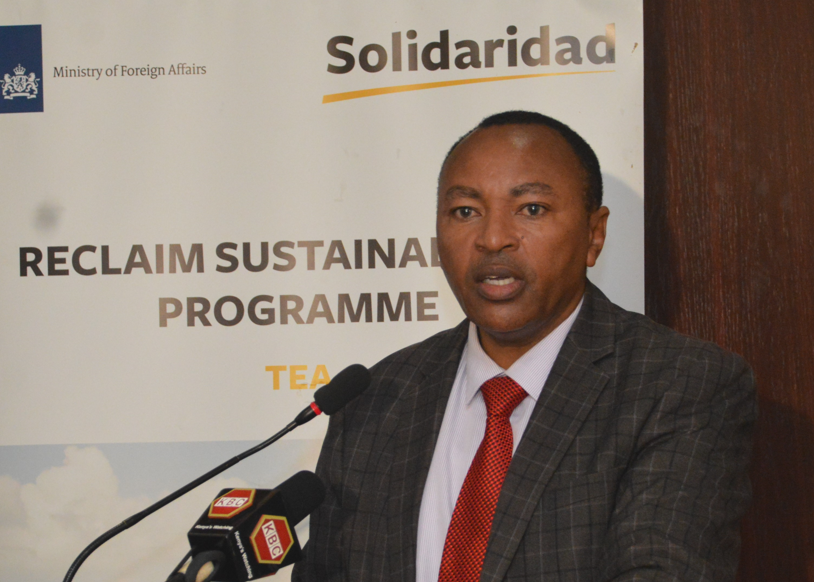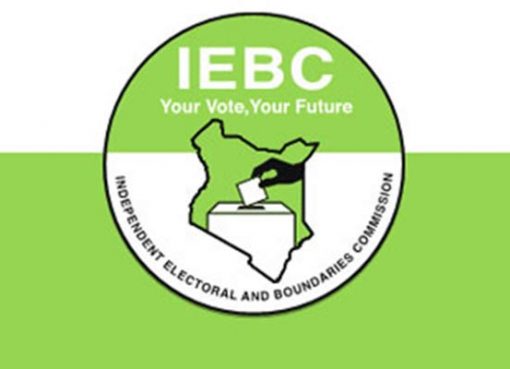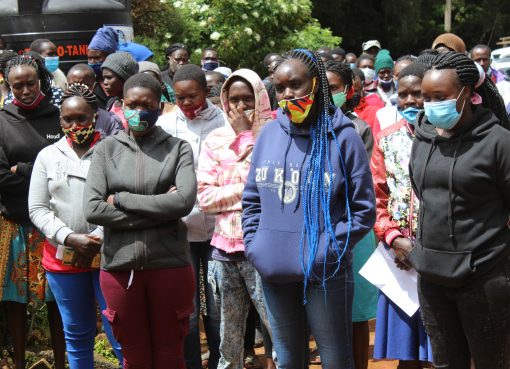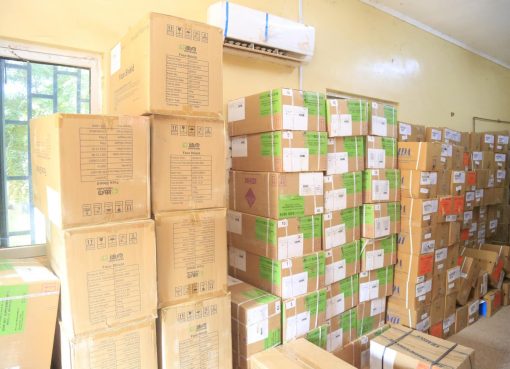Tea multi-stakeholders have raised their concerns on harmonization and implementation of private voluntary standards for market access of Kenyan teas.
Led by Solidaridad, Tea Board of Kenya, East Africa Tea Trade Association (EATTA), Trust Africa and others, the stakeholders agreed that the cost of certification is very costly and that tea farmers don’t get the return as expected.
Speaking to the media on Thursday, Kenya Tea Growers Association Chief Executive Officer Apollo Kiarii said they were looking forward to setting up a unified standard for Kenya tea that would work hand in hand with other applicable standards so as to reduce the cost of certification.
“The discussion we have had today is about what the Kenyan tea does uniquely towards developing its own standard. We know there is a statistical standard under the Kenya code of standards under KEBS, but this is a voluntary process and not a requirement by law. We want to do it in a way that appeals to the other standards, appeals to the market itself and also the industry itself,” said Kiarii.
He said the certification charges varied from standard to standard and also the scope of the standard.
“The key one that we operate under is the Rainforest Alliance and at the moment we are assessed as per unit, an average of Sh2.6 million to prepare and undertake a unit,” he added.
The Independent Tea Producers Association of Kenya (ITPAK) chairman Collins Cheruiyot speaking at the same forum said they have 30 independent tea factories and that issues of the cost of compliance to the standards affects the entire tea industry.
“Unlike the large-scale producers, farmer population that most of our factories have from 5, 000 to15, 000 farmers ranges from Sh5 million to Sh6 million something that means if all our 30 factories have to comply at an average of about Sh1 million, we are talking about Sh150 million,” said Cheruiyot.
He noted that looking at it from a factory that is doing 5 million kilos of tea in a year, basically it means one is spending a shilling for every kilo, just for compliance alone, not to mention other costs incurred.
In his remarks, Samuel Njane from Tea Board of Kenya said the Kenyan tea code of practice KS2128 is a very comprehensive standard that covers all the requirements.
“In terms of compliance, the Kenya team players are so compliant in many aspects. What we are saying is that the voluntary standards should commensurate on the returns so that the farmer can enjoy the benefits,” said Njane.
“Our main concern is complying with this standard by the factories, it should not be very high that it eats into famers returns,” he noted.
He highlighted that the principal stakeholders as the investors, should get the returns bearing in mind that farmers have done a lot of work but after complying with the standards, they don’t get what they ought to.
The Rainforest Alliance entered into force in July 2021 with a mandate to carry out certification to farmers, aiming at bringing sustainability to the forefront of business thinking.
By Catherine Muindi





